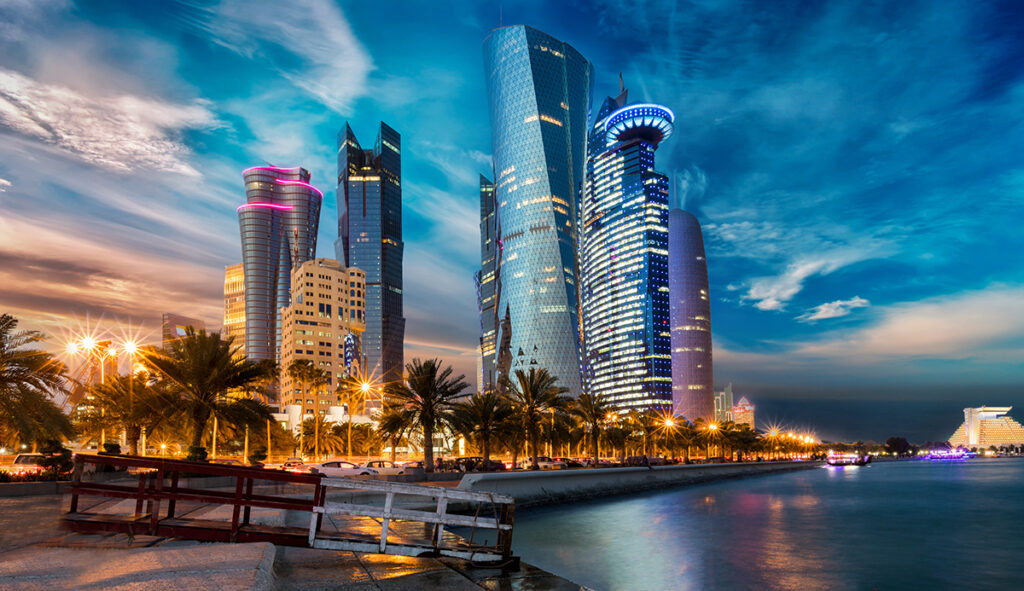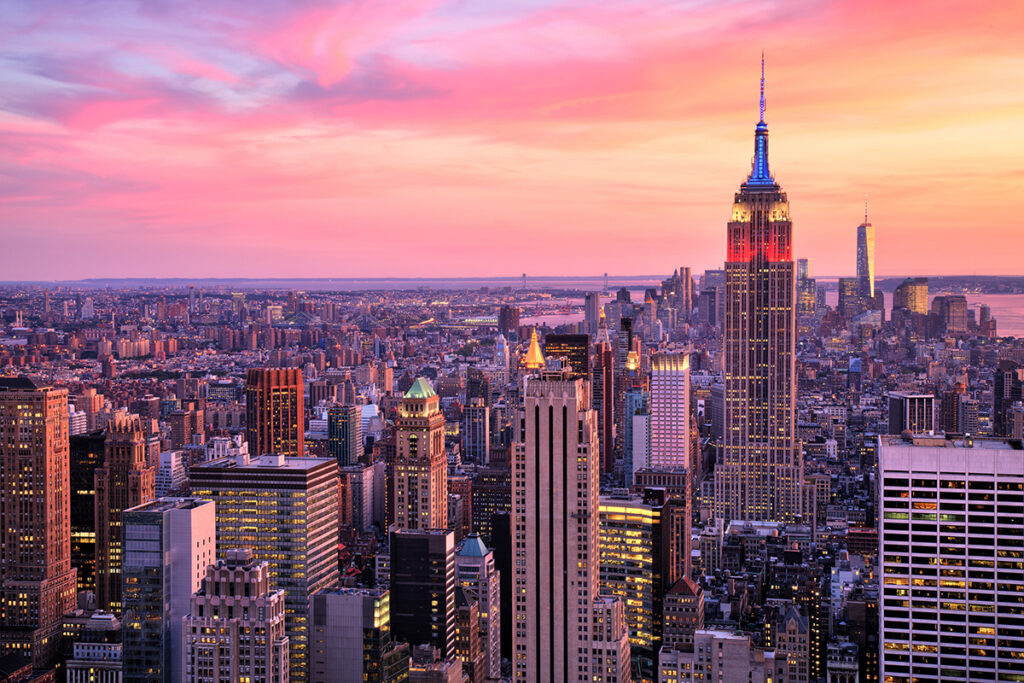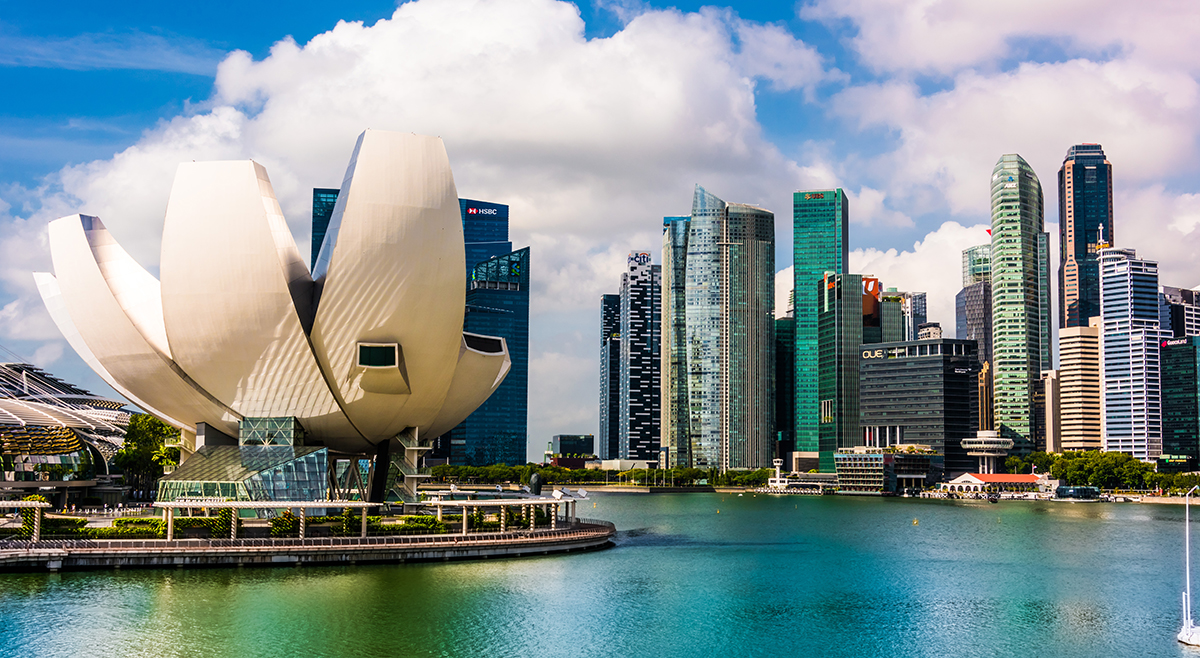By Maria Papagiannopoulou,
Top 7 countries
- Luxembourg: USD 118,203 per capita in 2025
Luxembourg is expected to have the world’s wealthiest economy in 2025 in nominal GDP terms (at market exchange rates). Luxembourg’s economic success in recent decades has been attributed to a thriving services sector: the country is home to numerous significant E.U. institutions and, thanks to a favorable tax environment, has a big finance sector. While the economy most likely shrank last year as a result of COVID-19, due to the sustained dynamism of the services industry and significant population growth, it is expected to return to a strong growth trajectory in the next years, expanding substantially above the E.U. average.
- Singapore: USD 97.065 per capita in 2025
One-half of the population was illiterate when the city-state gained independence in 1965. With essentially no natural resources, Singapore has worked its way up the economic ladder through hard work and sound policy in order to become one of the world’s most business-friendly cities. Singapore is today a vibrant commerce, manufacturing, and financial powerhouse (with 98 percent of the adult population having access to electricity). That is not to suggest it has been immune to the consequences of the global downturn: the GDP contracted by 5.4 percent in 2020, plunging the country into recession for the first time in more than a decade.
- Ireland: USD 94,369 per capita in 2025
Ireland has gone from being one of the poorest E.U. countries to one of the wealthiest in recent decades, thanks to an export-oriented economic model and a tremendous success in attracting FDI -notably from large multinational corporations. A favorable tax regime, a talented, English-speaking workforce, a stable economic environment, and close relations to the United States, are all advantages Ireland possesses. Ireland is expected to continue rising at a robust rate during our forecast horizon, aided by significant inward migration and investment. However, dangers include increased commercial frictions with the United Kingdom as a result of Brexit, as well as a possible deterioration in the country’s tax competitiveness. Furthermore, the massive presence of corporations in the country makes it difficult to analyze national accounts statistics.

- Qatar: USD 93,500 per capita in 2025
It is not just last year’s oversupply and demand crises, which was exacerbated by COVID-19: oil prices have been falling steadily and sometimes dramatically since the mid-2010s. Despite the fact that the country’s oil, gas, and petrochemical reserves are vast, and its population is small (only 2.8 million), this marvel of ultramodern architecture, luxury shopping malls, and excellent cuisine has topped the list of the world’s richest nations for the past two decades.
- Switzerland: USD 72,873 per capita in 2025
Bobsleigh, white chocolate, and, of course, the Swiss Army knife. However, the computer mouse, immersion blender, Velcro, and LSD are also included. The list goes on and on: these are just a few of the inventions that Switzerland has made available to the rest of the globe. However, nowadays, this 8.6 million-strong country owes much of its income to banking and insurance services, as well as tourism and exports of pharmaceuticals, gems, and precious metals, precise instruments, and machinery (from watches to medical apparatuses and computers).
- Norway: USD 65,800 per capita in 2025
Norway’s economic engine has been driven by oil since the discovery of huge offshore deposits in the late 1960s. As the leading petroleum producer in Western Europe, the country has reaped the benefits of rising prices for decades. Not any longer: prices plummeted at the start of 2020, followed by a global pandemic -and the krone plummeted. Last year, the Norwegian economy shrank by 2.5 percent, the largest annual decline in more than a half-century and probably since World War Two. Furthermore, Norwegians can always rely on their $1.3 trillion sovereign wealth fund, the world’s largest, to help them deal with any economic problems that may arise.

- United States: USD 63,415 per capita in 2025
According to the Institute for Policy Studies, the combined wealth of America’s 719 billionaires increased by $1.62 trillion, or 55%, from $2.95 trillion to $4.56 trillion between March 2020 and April 2021. They now have about four times the wealth of the roughly 165 million Americans in the poorest half of society. According to the research tank, the ratio was inverted in 1990, when billionaires owned $240 billion and the bottom half owned $380 billion.
- Brunei Darussalam: USD 62,371 per capita in 2025
This is where Hassanal Bolkiah, Sultan of Brunei, lives and gets his $20,000 haircut. There are 1,788 rooms, including 257 bathrooms, a banquet hall that can hold up to 5,000 visitors, a mosque for 1,500 people, an air-conditioned stable for 200 polo ponies, 5 pools, and 18 elevators. His income, generated from the country’s vast oil and natural gas reserves, is estimated to be around $28 billion, more than 50 times that of Queen Elizabeth of the United Kingdom.
- Hong Kong SAR: USD 59,519 per capita in 2025
This Chinese special administrative zone is a gateway to the mainland and Asia’s top financial center, having been a former British colony. Hong Kong’s economy is distinguished by minimal taxation, no capital gains or inheritance taxes, no tariffs on goods imports, or exports, and complete ownership of a firm for foreigners who do not have to be citizens, residents, or nationals.
- Denmark: USD 58,932 per capita in 2025
In comparison to countries that rely largely on manufacturing, tourism, or petroleum product exports, the Kingdom of Denmark has a contemporary and internationally competitive service-based economy, which means that both family and public budgets were less impacted by the pandemic.
Its 5.8 million residents benefit from strong employment rates and earnings, as well as a well-functioning social security system and frequently ranked first in the world’s happiest countries.
References




